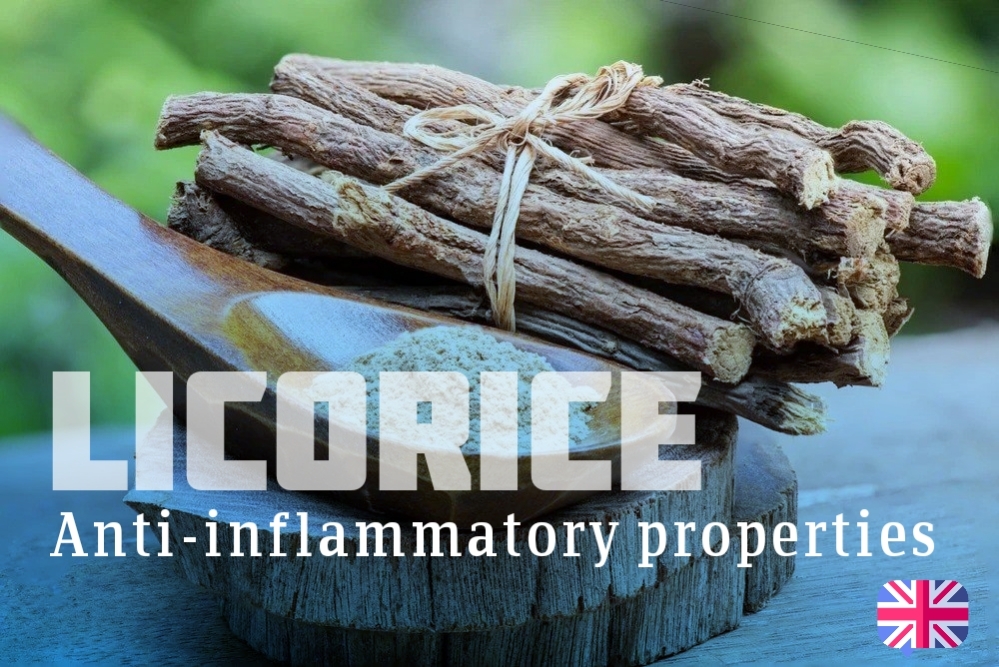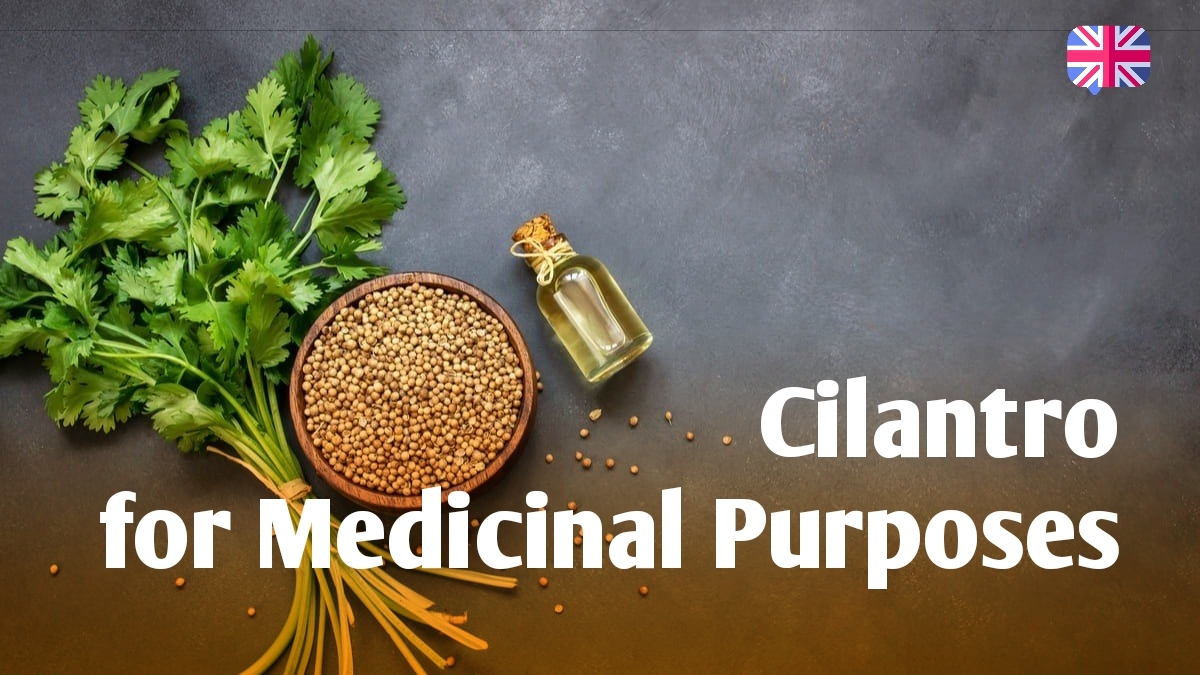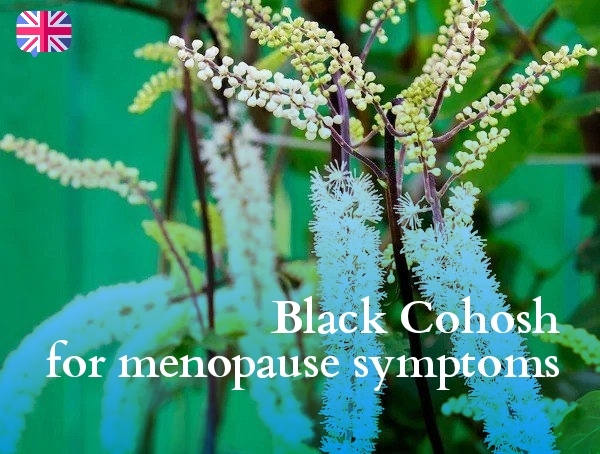HERB - Introduction to the Versatility and Benefits of Herbs
Exploring the Anti-Inflammatory Properties and Medicinal Uses of Licorice as an Alternative Treatment: A Comprehensive Guide on How to Use Herbs
Licorice root is a popular herb with a sweet flavor that has been used for medicinal purposes for thousands of years. It is derived from the root of the Glycyrrhiza glabra plant, which is native to Europe and Asia. Licorice has been used in traditional medicine to treat a variety of conditions, including respiratory problems, digestive disorders, and skin conditions. In recent years, licorice has gained attention for its potential anti-inflammatory properties, which have been studied extensively by researchers.
In this article, we will explore the alternative treatments and medicinal uses of licorice, particularly in relation to its anti-inflammatory properties. We will also discuss how to use licorice as an herbal remedy and provide insights into the effectiveness of this herb in treating inflammation-related conditions.
Medicinal Uses of Licorice
Licorice has been used in traditional medicine to treat a wide range of health conditions. In particular, licorice has been found to have anti-inflammatory, antiviral, and antimicrobial properties. These properties make it a useful herbal remedy for a variety of health conditions.
One of the primary medicinal uses of licorice is for respiratory problems. Licorice has been found to be effective in treating coughs, bronchitis, and other respiratory conditions. It works by soothing the throat and reducing inflammation in the airways, which can help to alleviate symptoms such as coughing and wheezing.
Licorice has also been used to treat digestive disorders, including ulcers, acid reflux, and stomach inflammation. It has been found to help protect the stomach lining and reduce inflammation in the digestive tract, which can help to alleviate symptoms such as stomach pain, bloating, and nausea.
In addition, licorice has been found to have benefits for skin health. It has been used topically to treat skin conditions such as eczema and psoriasis, as well as to reduce inflammation and redness in the skin.
Anti-Inflammatory Properties of Licorice

One of the most significant potential benefits of licorice is its anti-inflammatory properties. Inflammation is a natural response by the body to injury or infection, but when it becomes chronic, it can contribute to a wide range of health problems, including heart disease, diabetes, and cancer.
Licorice has been found to contain compounds that have anti-inflammatory effects. These compounds, including glycyrrhizin, licoricidin, and liquiritigenin, have been shown to inhibit the production of inflammatory cytokines and enzymes, which can help to reduce inflammation in the body.
Research has shown that licorice may be effective in treating a variety of inflammation-related conditions, including:
- Arthritis: Licorice has been found to reduce inflammation in the joints, which can help to alleviate symptoms of arthritis.
- Allergies: Licorice has been found to have antihistamine properties, which can help to reduce symptoms of allergies.
- Asthma: Licorice has been found to reduce inflammation in the airways, which can help to alleviate symptoms of asthma.
- Heart disease: Licorice has been found to have potential benefits for heart health, including reducing inflammation and improving cholesterol levels.
How to Use Licorice as an Herbal Remedy
Licorice is available in a variety of forms, including capsules, tablets, teas, and extracts. When using licorice as an herbal remedy, it is important to follow the recommended dosage instructions carefully.
Licorice tea is a popular way to consume this herb. To make licorice tea, simply steep 1-2 teaspoons of dried licorice root in a cup of hot water for 10-15 minutes. Licorice tea can be consumed up to three times per day.
Licorice extract can also be used topically to treat skin conditions. To make a licorice extract, simply steep licorice root in a carrier oil, such as coconut oil, for several weeks. The resulting oil can then be applied to the skin as needed to reduce inflammation and redness.
It is important to note that licorice can interact with certain medications, including blood pressure medications, diuretics, and corticosteroids. It is also not recommended for use during pregnancy or while breastfeeding. As with any herbal remedy, it is important to speak with a healthcare professional before using licorice to treat a health condition.
Conclusion

Licorice is a popular herbal remedy with a long history of use in traditional medicine. It has been found to have anti-inflammatory, antiviral, and antimicrobial properties, making it a useful herb for treating a variety of health conditions. Licorice has been found to be effective in treating respiratory problems, digestive disorders, and skin conditions, and may have potential benefits for heart health.
Research has shown that licorice contains compounds that have anti-inflammatory effects, making it a potential alternative treatment for inflammation-related conditions such as arthritis, allergies, asthma, and heart disease. When using licorice as an herbal remedy, it is important to follow dosage instructions carefully and to speak with a healthcare professional before use, particularly if taking other medications or during pregnancy or breastfeeding.











